Imagine being able to invest in a rental property halfway across the world without leaving your home or dealing with piles of paperwork. With real estate tokenization, this is no longer a distant dream but a tangible reality. You can now own fractions of high-value properties, enjoy rental income, and benefit from property appreciation with ease and transparency. This article explores the intricacies of real estate tokenization, its benefits, and challenges. It shows case studies of investing through some of the existing platforms, such as RealT, Lofty, and the Binaryx Platform.
Key Findings
- Diverse real estate exposure: Tokenization platforms enable investors to diversify their portfolios by owning fractions of various real estate assets, ranging from single-family homes to luxury villas and construction projects.
- Enhanced liquidity and accessibility: Tokenized real estate provides greater liquidity compared to traditional property investments, allowing investors to buy and sell shares more easily. This opens up the market to a global audience, making real estate investment accessible to individuals worldwide.
- Efficiency and automation: Smart contracts streamline compliance, automate transactions, and reduce costs, making the investment process more efficient and transparent.
- Income appreciation across the globe: By investing in tokenized real estate, you can yield substantial income and enable diversification across multiple geographical locations. In our case studies, you could own properties not only in multiple US cities but also in Bali and Montenegro, significantly enhancing cash flow, spreading risk, and capturing regional market growth.
- Variety of investment opportunities: Platforms like Binaryx not only offer rental properties but also allow investment in construction projects, providing a blend of short-term and long-term returns.
What is Real Estate Tokenization?
Real estate tokenization is the process of dividing a property into digital tokens, each representing a whole property asset or a fraction of the underlying asset along with its associated rights and liabilities. These tokens are managed through smart contracts, which automate and enforce contractual details. For instance, a smart contract can automatically transfer ownership in the land registry or distribute rental payments proportionally to the share of each investor in a specific property.
Investing in tokenized real estate is similar to participating in a syndicated real estate deal but with the added advantages of blockchain technology. Instead of receiving a traditional paper certificate indicating a membership interest in an LLC, investors receive a crypto token that signifies the same interest. The tokens are stored on a blockchain, where you can buy or sell them after an initial holding period, which offers greater liquidity and optionality compared to conventional real estate syndications.
Types of Real Estate Tokenization
Basically, any aspect of real estate can be tokenized, ranging from the asset itself and the ownership rights, to merely the cash flows associated with the property's utilization. This has led to the emergence of different types of tokenization and tokens. The type of tokenization is determined by what exactly is being tokenized and for what purpose. Here are the four types of tokenization that we have distinguished.
Tokenization of Real Estate Asset into a single token
The tokenization of real estate into a single token involves representing a single property as one non-fungible token (NFT). Each property, being unique, naturally aligns with the characteristics of an NFT, which is verifiable from other tokens on the blockchain. Additionally, those NFTs can be dynamic, meaning they can update their data in response to relevant changes. In theory, ownership of the property can change hands whenever the NFT is transferred, making selling such a property as simple as listing it on an NFT marketplace. In practice, however, there is no infrastructure that would ensure the security, legitimacy, and automation of this process at the same time, and the likelihood of its emergence is doubtful.
Fractional Tokenization of Real Estate Assets
Fractional tokenization of real estate enables partial ownership of a property mostly through fungible tokens, which are indistinguishable from one another, much like stocks. However, some tokenization platforms prefer using NFTs. Each token represents a specific proportion of the property’s ownership and the income associated with this proportion. This approach opens up new ways for investors to assemble diverse real estate portfolios, for homeowners to tokenize and sell their properties on better terms, and for businesses to develop customized real estate offerings. This is the most future-proof type of tokenization with potentially the largest market share, and that's exactly what the Binaryx platform is doing.
Tokenization of Real Estate Cash Flows
Tokenization of real estate cash flows involves tokenizing the ownership of property separately from the cash flows it generates. Owners can sell the rights to future rental income for a lump-sum payment while retaining property ownership. The cash flow rights can be represented in NFT form, with rental income automatically sent to the NFT owner. This separation offers greater financial flexibility and could potentially become an alternative to a collateral loan.
Tokenization of Real Estate Baskets
Tokenized real estate baskets represent a collection of real estate assets and their cash flows, where the tokens collectively represent all the attributes and financial flows of the underlying properties. It is very similar in nature to a REIT (real estate investment trust), but in the case of REITs, no ownership is assumed. Tokenized large real estate baskets, in contrast to REITs, offer a reduced need for trust through automated payments based on verified data, enhanced transparency, and may introduce collateral debt.
How Real Estate Tokenization Works?

Real estate tokenization involves several key parties: investors, tokenization platforms, and real estate operators. Investors are basically clients who fund real estate projects in exchange for tokenized shares. Tokenization platforms, like Binaryx, provide the technological infrastructure to create and manage real estate tokens. Real estate operators are responsible for managing the properties and ensuring they generate the expected returns.
Now let's break down the process by tokenizing a $195,000 rental villa in Bali on the Binaryx platform:
- Evaluating and preparing the property: First, the real estate operator determines its market value and potential rental income. The tokenization platform’s team thoroughly reviews legal and financial details to ensure the property is a suitable candidate for tokenization.
- Establishing an LCC: The platform’s team establishes a special purpose vehicle (SPV), structured as a limited liability company (LLC), to hold the title to the villa. This LCC serves as a legal entity that owns the property and issues the tokens, providing legal protection and clarity for investors.
- Creating tokens: Once the villa is under the LLC, the tokenization platform creates digital tokens representing ownership shares in the LLC. In this example, the villa's total value is divided into tokens worth $50 each, meaning 3900 tokens are created.
- Setting up smart contracts: Smart contracts are deployed to manage these tokens and automate their features. These contracts encode the terms of ownership, rental income distribution, and other relevant conditions. The tokens and smart contracts are stored on a blockchain, ensuring transparency and security.
- Offering to investors: The tokens are then offered to investors, so they can purchase them on the tokenization platform and start getting rental payments. So, if you buy 100 tokens, you will own approximately 2.56% of the LLC and, therefore, 2.56% of the villa ($5000 worth).
- Managing the property and distributing income: The real estate operator manages the villa during the entire investment period, handling tasks like maintenance and tenant relations, while the tokenization platform distributes rental income automatically. This process is automated via smart contracts, ensuring timely and accurate payments.
- Cashing out on the secondary market: After an initial holding period, investors can sell their tokens on secondary markets to cash out. Instead of waiting for the entire real estate unit to be sold or refinanced, you can exit more easily compared to traditional real estate.
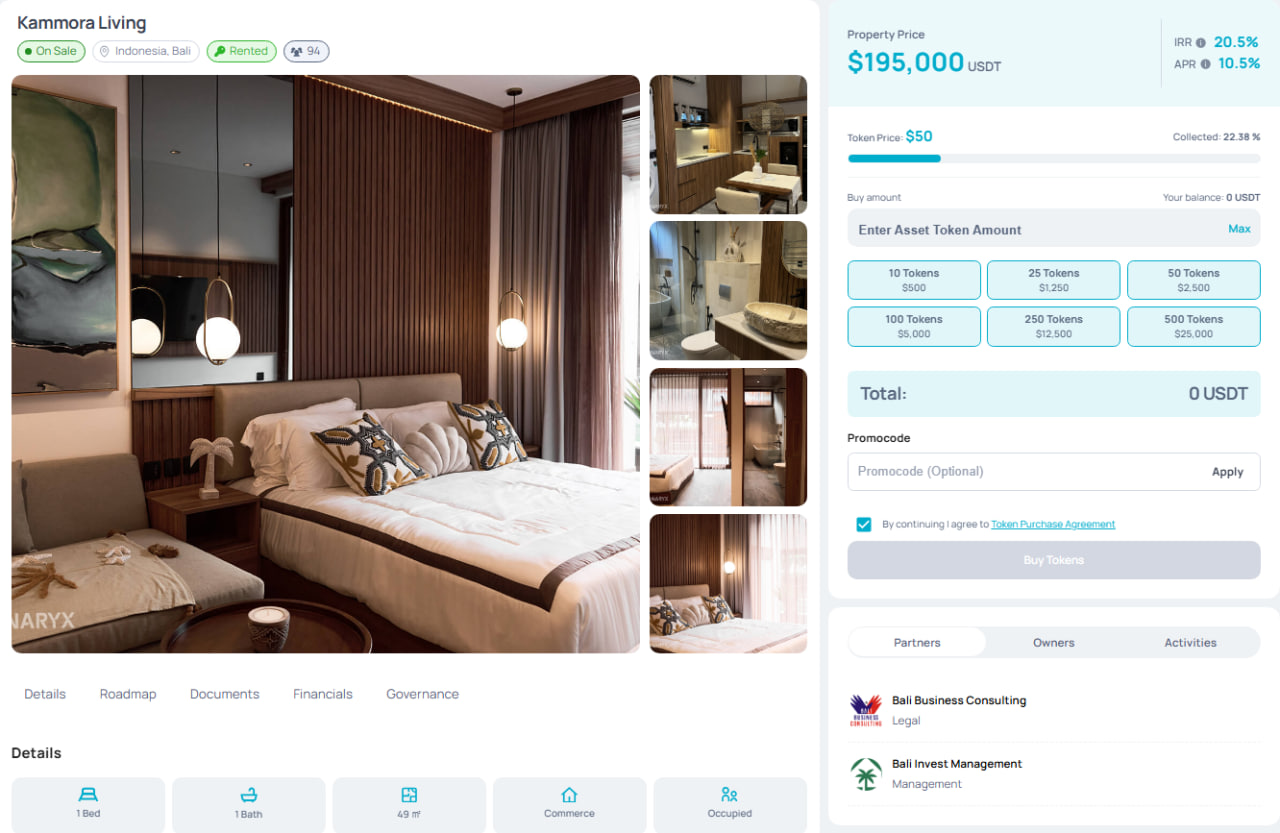
Real Estate Tokenization Laws
Typically, most tokens are classified as securities in the majority of jurisdictions, particularly in the United States, which is considered the world's primary financial jurisdiction. So, it seems that tokens offered by a US-based company should be registered with the Securities and Exchange Commission (SEC) unless they qualify for an exemption. However, when it comes to real estate tokens, the situation is not as clear-cut, and it is possible to avoid having tokens recognized as securities.
How to Keep Real Estate Token from Being Recognized as Security?
First of all, real estate tokens can be exempted from the detailed and costly process of creating a public security. The number one requirement for such an exemption is the creation of a Private Placement Memorandum (PPM), which outlines the nature of the investment, all potential risks, the investment sponsors, and other pertinent information. Additionally, you can draft a subscription agreement and an operating agreement for the Special Purpose Vehicle (SPV), detailing the rights and responsibilities of investors and managers.
Second, real estate tokens do not fully meet the so-called Howey Test, which is used in the U.S. to determine if something is an investment contract and thus a security regulated by the SEC. To pass the Howey Test, an offering or product must meet all four of the following criteria:
- To be a money investment
- To be a common enterprise
- To be with the expectation of profit
- To be derived from the efforts of others
The room for maneuvering lies in the fourth criterion. You can argue that a real estate token does not meet this fourth criterion of the Howey Test and, therefore, is not a security. The fourth point implies that investors should expect profits as a result of the efforts of others. While this is a somewhat vague definition, as "others" could mean anyone other than yourself, legally, "others" should refer to the tokenization platform if the token's profits are generated by its activities.
However, the tokenization platform is not an entity whose activities generate the token's profit, so property tokens don’t meet the fourth criterion of of the Howey Test and aren’t securities. Rental income is generated by leasing the property, and the appreciation of the property's value is determined by the market. The tokenization platform merely provides the infrastructure for managing and distributing this income, earning fees for the use of this infrastructure. This logic is supported by our American legal advisors; they assure us that tokens on the Binaryx tokenization platform should not be considered securities under current securities regulations, given our business model.
Wyoming DAO LCC Act is the Most Advanced Law for Real Estate Tokenization
The State of Wyoming has developed a specific regulation for blockchain-based Decentralized Autonomous Organizations (DAOs), making itself one of the most suitable jurisdictions for real estate tokenization. This act allows a DAO to be established as a Limited Liability Company (LLC) with unique features tailored to tokenized entities. For instance, management can be delegated either to its members, similar to traditional LLCs, or to the smart contract, where decision-making is encoded in the protocol.
While tokenizing each property, a new DAO LLC is established in Wyoming to handle the process. The DAO LLC raises capital by selling property tokens, and investors must confirm their eligibility, ensuring they are not residents of prohibited jurisdictions. Once funds are raised, the DAO LLC legally acquires the real estate property, and the property token holders gain legal ownership of a portion they own.
Benefits and Challenges of Investing in Tokenized Real Estate
Benefits of Investing in Tokenized Real Estate
Investing in tokenized real estate offers a range of advantages that enhance flexibility, accessibility, and efficiency for both investors, operators, and tokenization platforms. Here are the key benefits:
- Diversified investment opportunities: Tokenization enables property owners to share ownership of high-value assets, providing investors with more ways to diversify their portfolios and access a broader range of real estate investments.
- Asset liquidity: Tokenization allows fractional ownership of real estate, unlocking capital that would otherwise be tied up in illiquid assets. This benefits both buyers and sellers who need quick access to funds.
- Additional capital sources: Tokenization provides exposure to a larger pool of investors, improving access to capital for real estate projects. This enhanced marketing and awareness can lead to more funding opportunities.
- Global accessibility: Tokenized real estate opens the market to investors worldwide, allowing individuals to invest in properties across different countries, regardless of their location.
- 24/7 market access: Tokenization enables round-the-clock market participation, providing buyers and real estate firms with greater flexibility to engage in transactions at any time.
- Cost-effectiveness and automated compliance: Tokenization can reduce transaction costs associated with traditional property deals. Smart contracts automate and ensure compliance with legal and regulatory requirements, simplifying the process for all parties involved.
Challenges of Investing in Tokenized Real Estate
While the benefits are significant, you may also face challenges in the tokenized real estate market. These include:
- Regulatory uncertainty: The lack of clear regulations for tokenized assets can lead to ever-changing rules of usage. Clear rules are necessary to protect investors, define ownership rights, and establish standard practices.
- Security concerns: Tokenization is a fairly young phenomenon, and a universal way to tokenize real estate has not yet been developed. Until this happens, all platforms tokenize real estate in their own way, complicating regulation and increasing investors' concerns about choosing the safest tokenization platform.
- Increased volatility: With the ease of selling tokens, investor loyalty towards properties diminishes, posing a concern for real estate operators who got used to relying on a stable investor base. Investors tend to sell and buy assets more frequently, increasing the volatility of a conservative market.
- Lack of property control: While tokenization brings efficiency, it significantly reduces the level of control you have over real estate, especially in the case of fractional ownership.
Tokenized Real Estate Investing: Three Case Studies
Investing in tokenized real estate involves selecting the right platform, understanding the types of properties available, and diversifying your portfolio to maximize returns. By investing in fractional shares of properties through tokenization platforms, you can gain exposure to high-value assets, enjoy potential rental income, and benefit from property appreciation. Below are three case studies to illustrate how you can invest $10,000 in tokenized real estate on three different platforms.

RealT Real Estate Investment Portfolio Case Study
RealT allows investors to purchase real estate tokens in rental properties, primarily single-family homes in the U.S.
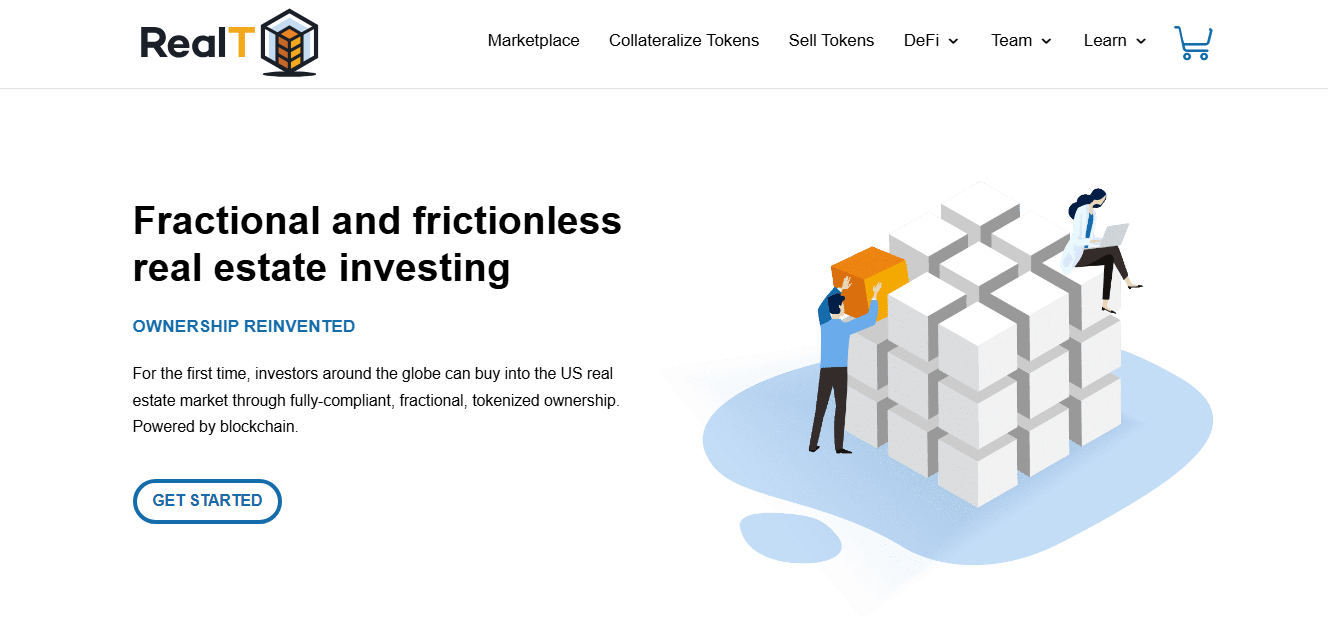
- Portfolio composition: $2,500 in each of four rental family houses: two houses in Detroit, one house in Chicago, and one house in Cleveland.
- Projected annual rental income rate: 9.5%
- Total annual rental income: $10,000 * 9.5% = $950
- 2-Year profit: $950 * 2 = $1,900
- 5-Year profit: $950 * 5 = $4,750
Lofty Real Estate Investment Portfolio Case Study
Lofty offers investment opportunities in U.S. rental properties, including single-family homes and villas.
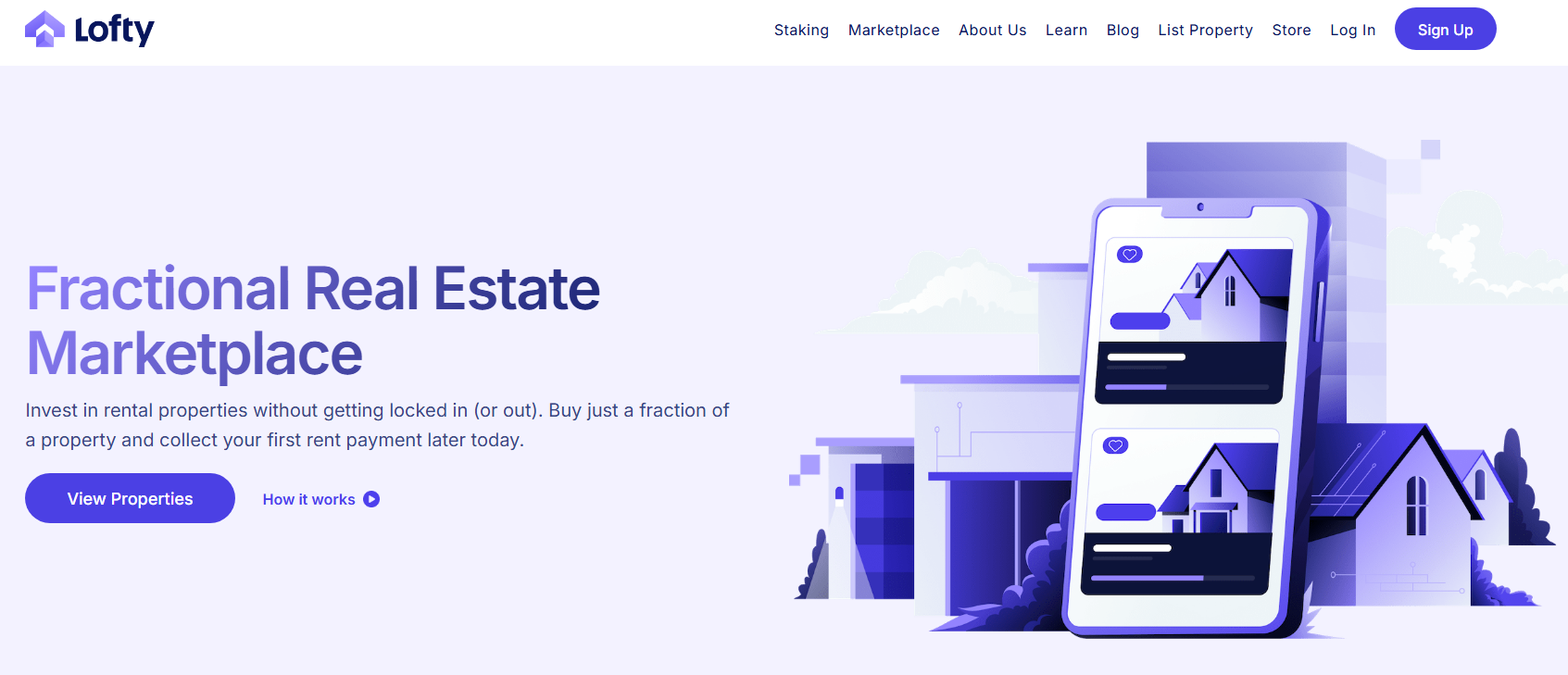
- Portfolio Composition: $2,500 in each of four properties: one rental house in Albany, NY, with 9.49% APR; one rental house in Tigard, Oregon, with 10.9% APR; one rental villa in Scottsdale with 8.89% APR; and one rental villa in Palm Coast, FL (17.4% APR).
- Projected annual rental income rate: 11.67%
- Total annual rental income: $237.25 + $272.50 + $222.25 + $435 = $1,167
- 2-Year Profit: $1,167 * 2 = $2,334
- 5-Year Profit: $1,167 * 5 = $5,835
Binaryx Real Estate Investment Portfolio Case Study
The Binaryx platform provides investment opportunities in multiple world regions (currently in Bali and Montenegro) with both rental and construction real estate options, offering tokenized shares for short-term construction gains and long-term rental income.
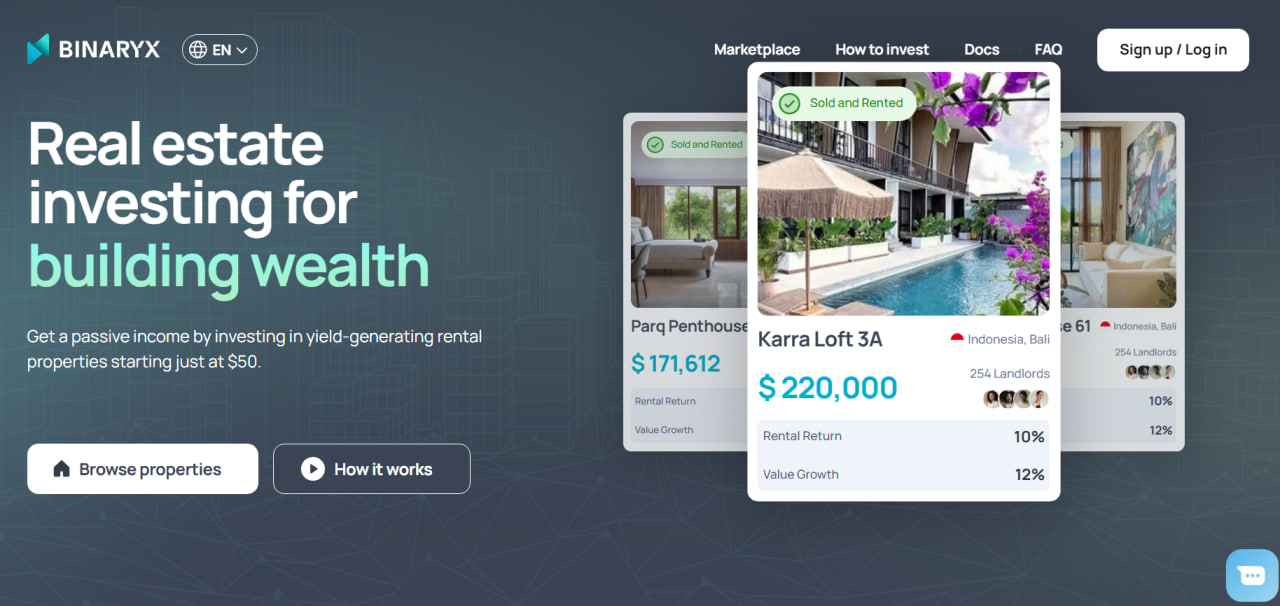
- Portfolio Composition: $2,500 in each of four investments: one rental villa in Bali with 16.3% APR; one rental villa in Bali with 10.5% APR; one construction investment in Bali with an initial 17% ROI over 11 months and a 15% rental APR after the construction is finished; one construction investment in Montenegro with an initial 19.24% ROI over 7 months and a 8% rental APR after the construction is finished.
- First-year total: $407.50 + $262.50 + $425 + $481 = $1,576
- Second-year total: $407.50 + $262.50 + $439.25 + $238.48 = $1,347.73
- 2-Year Profit: $1,576 + $1,347.73 = $2,923.73
- 5-Year Profit: $1,576 + $5,390.92 = $6,966.92
Conclusion
Real estate tokenization represents a shift in how properties are bought, sold, and managed. By converting physical assets into digital tokens, investors gain unprecedented flexibility and access to global real estate markets. However, navigating this new landscape requires an understanding of both the benefits and challenges, particularly regarding regulatory compliance and security.
As you can see in the considered examples, platforms like Binaryx, RealT, and Lofty demonstrate that investing in tokenized real estate can yield significant returns, making it an attractive option for diversifying portfolios. Consider a new perspective on real estate investing, and you'll be surprised at the results.
Articles you may be interested in

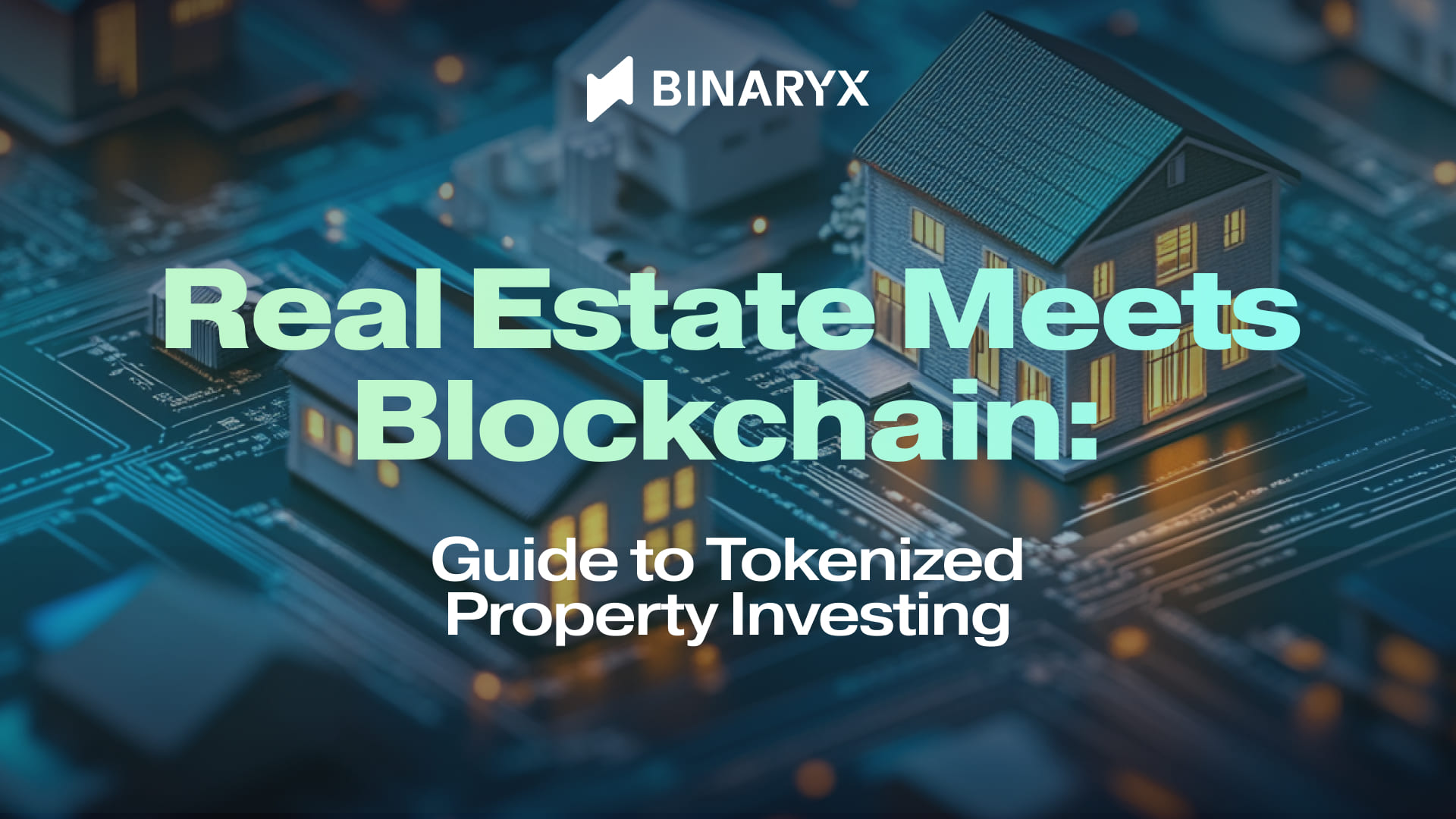
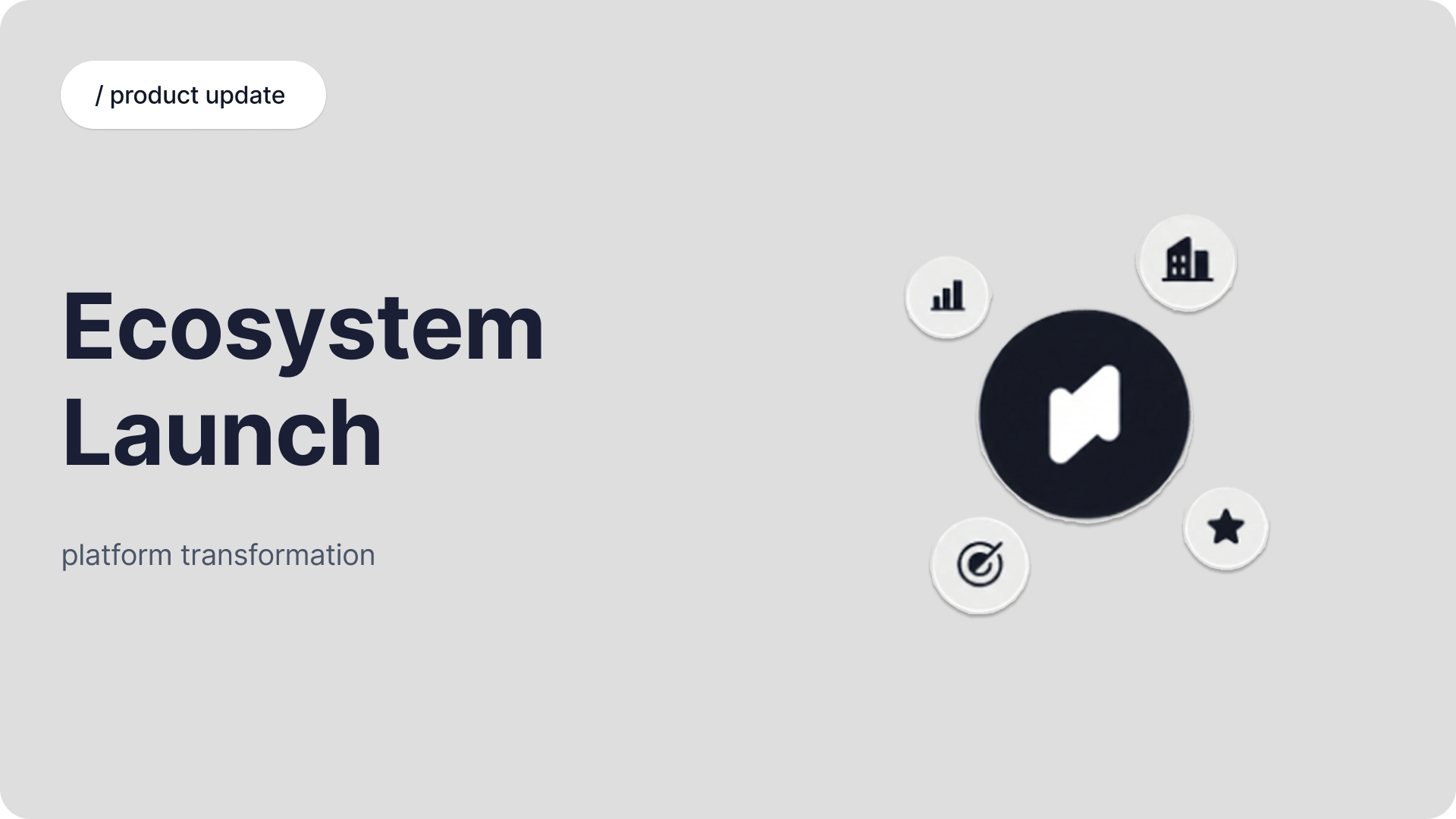
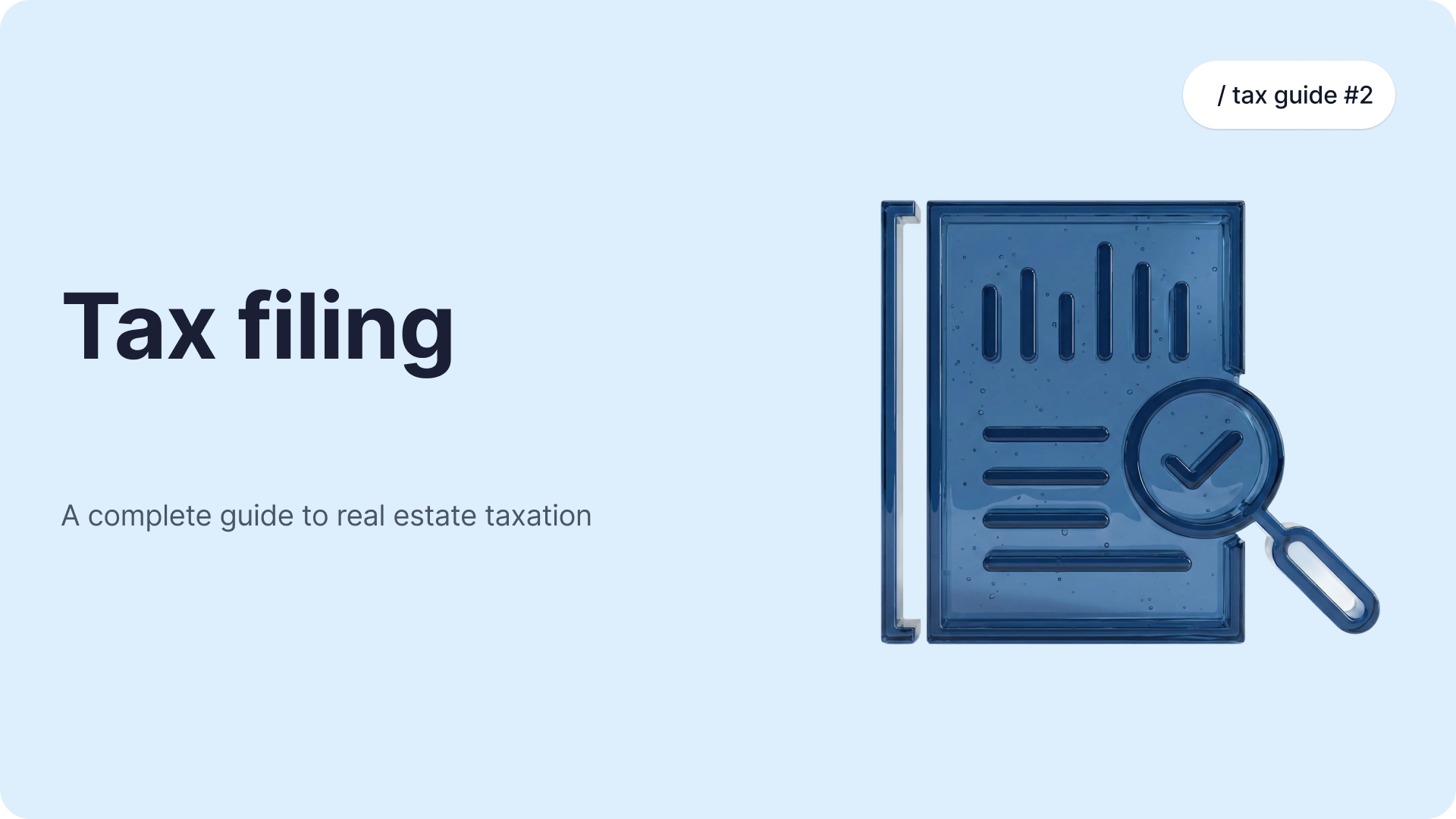
.png)
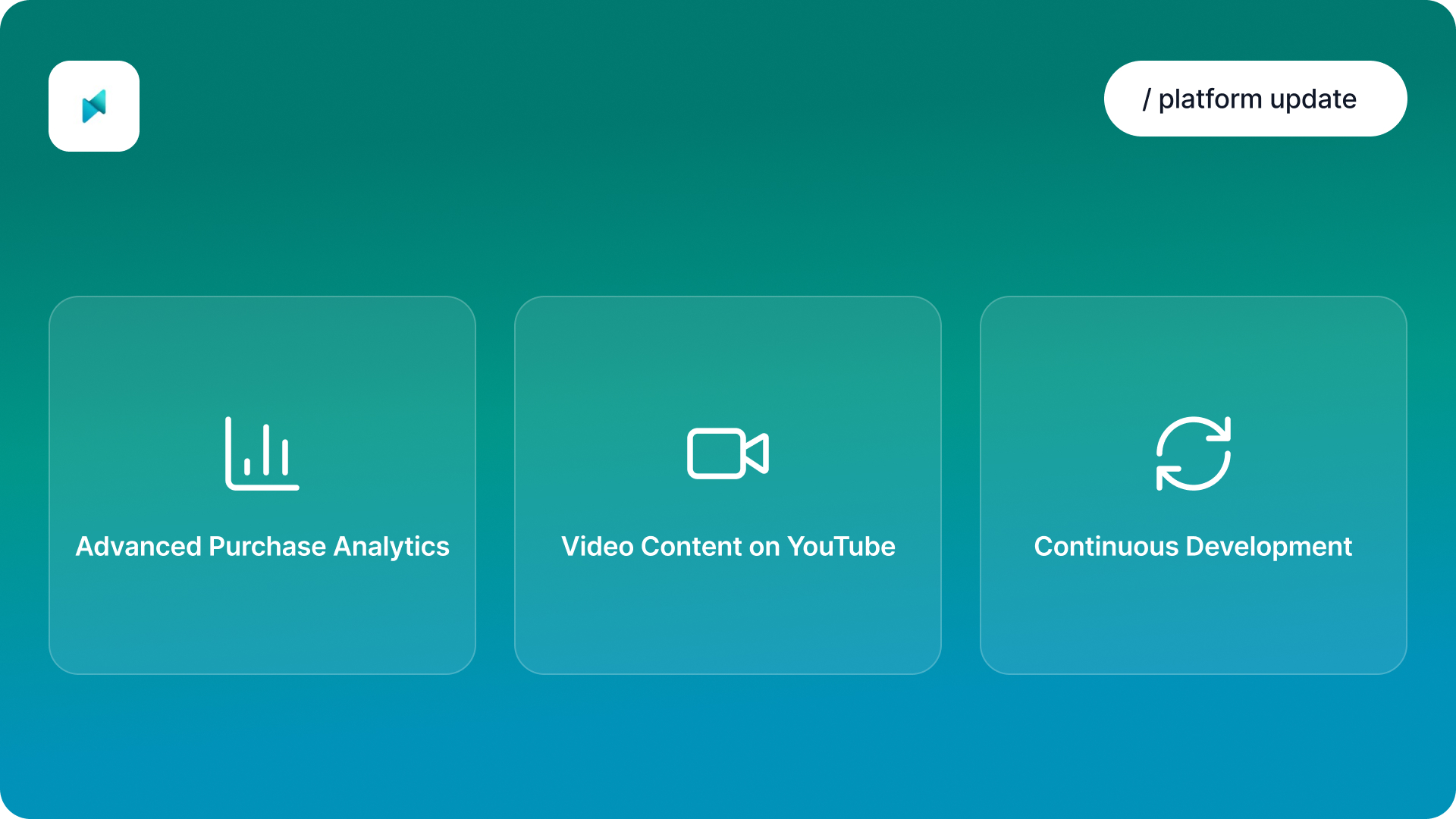
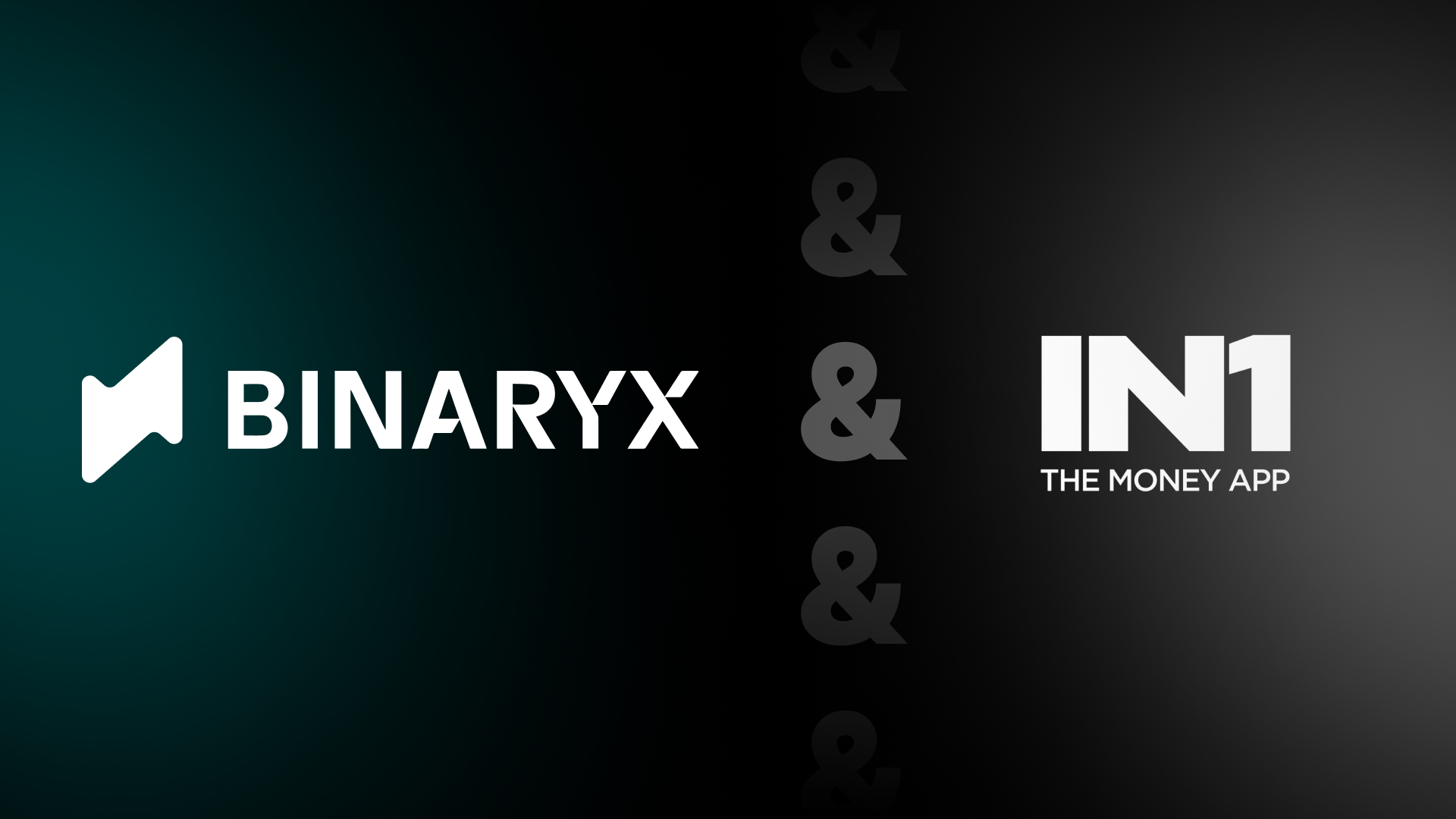
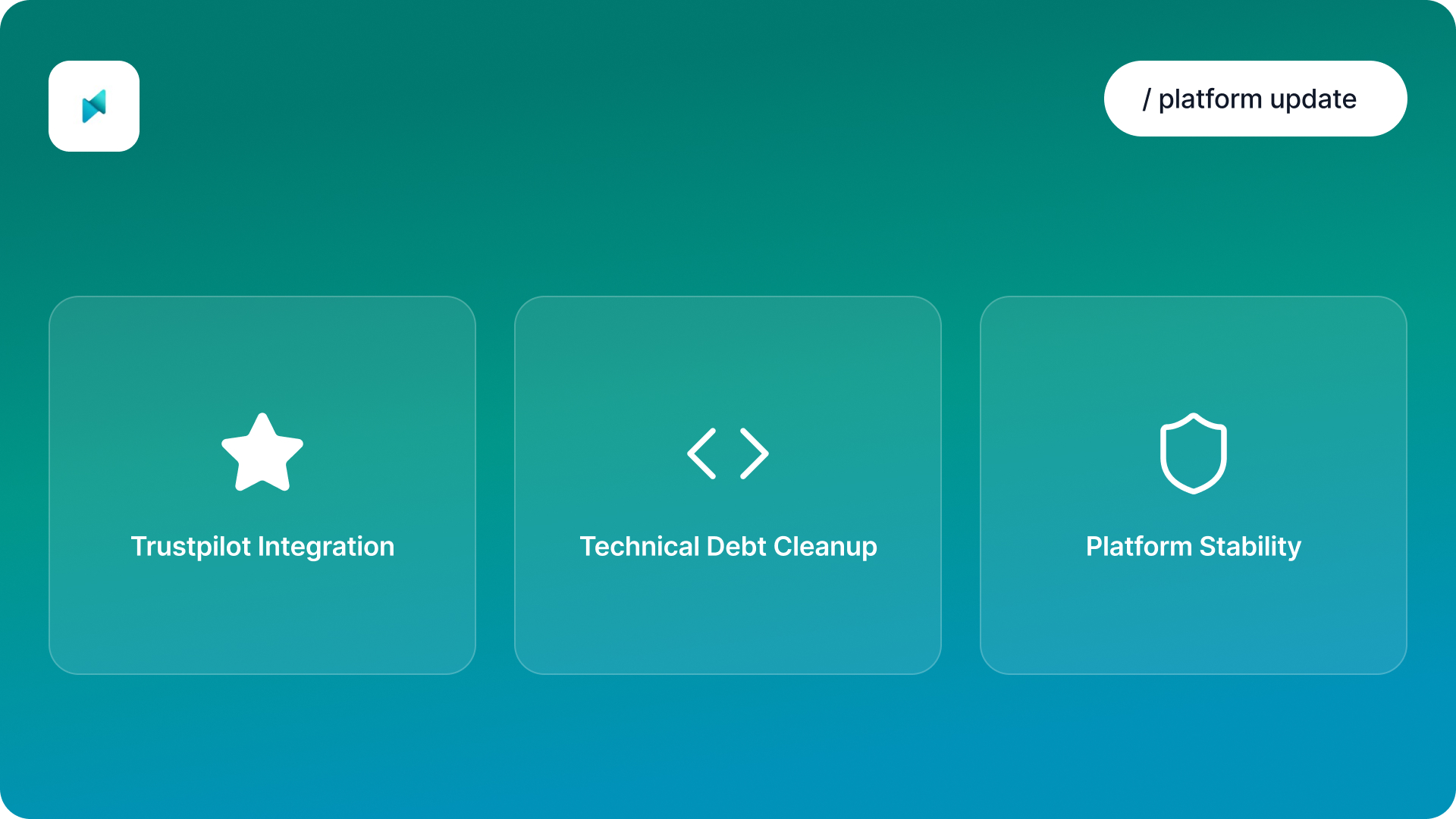
.png)
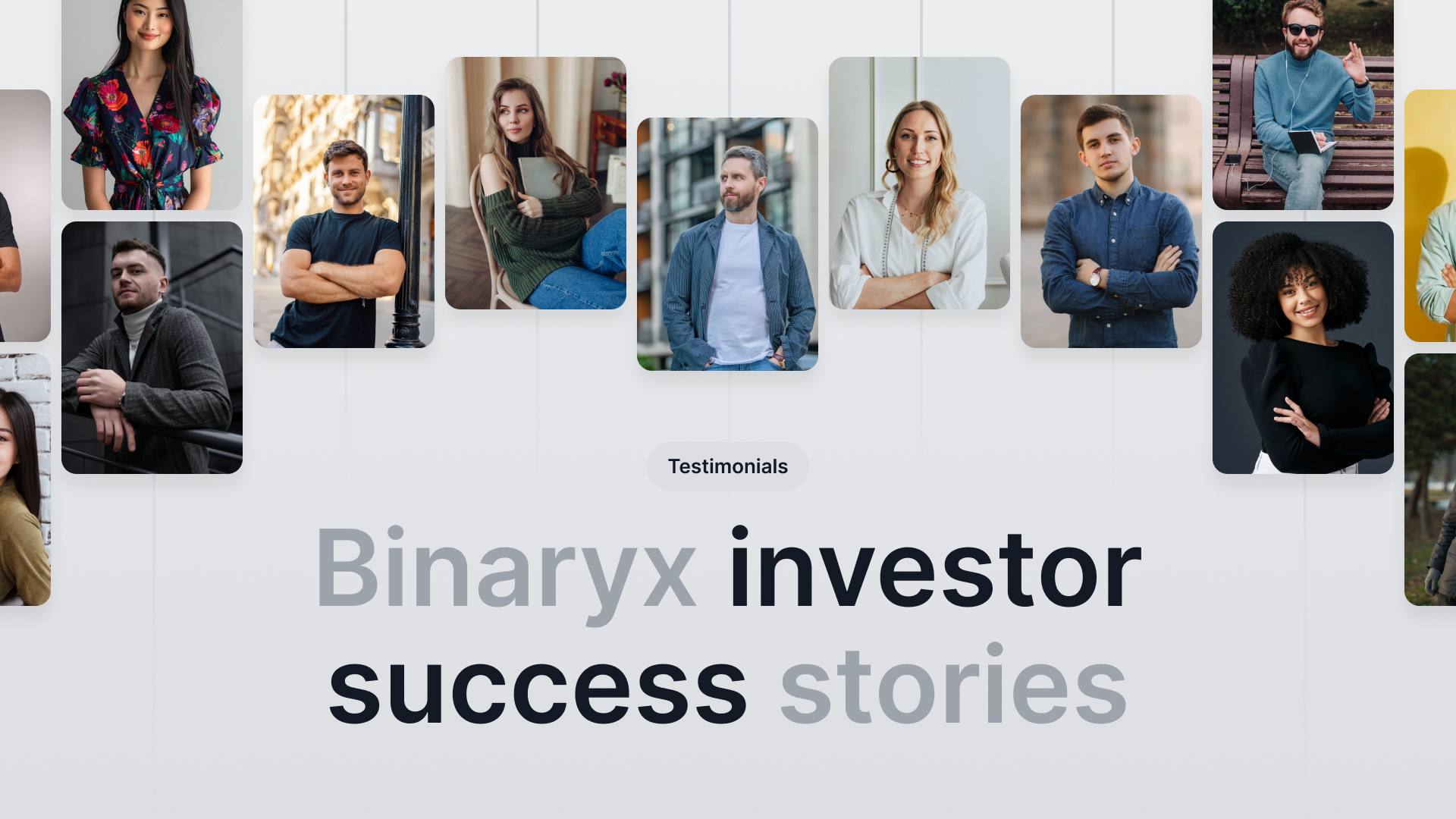
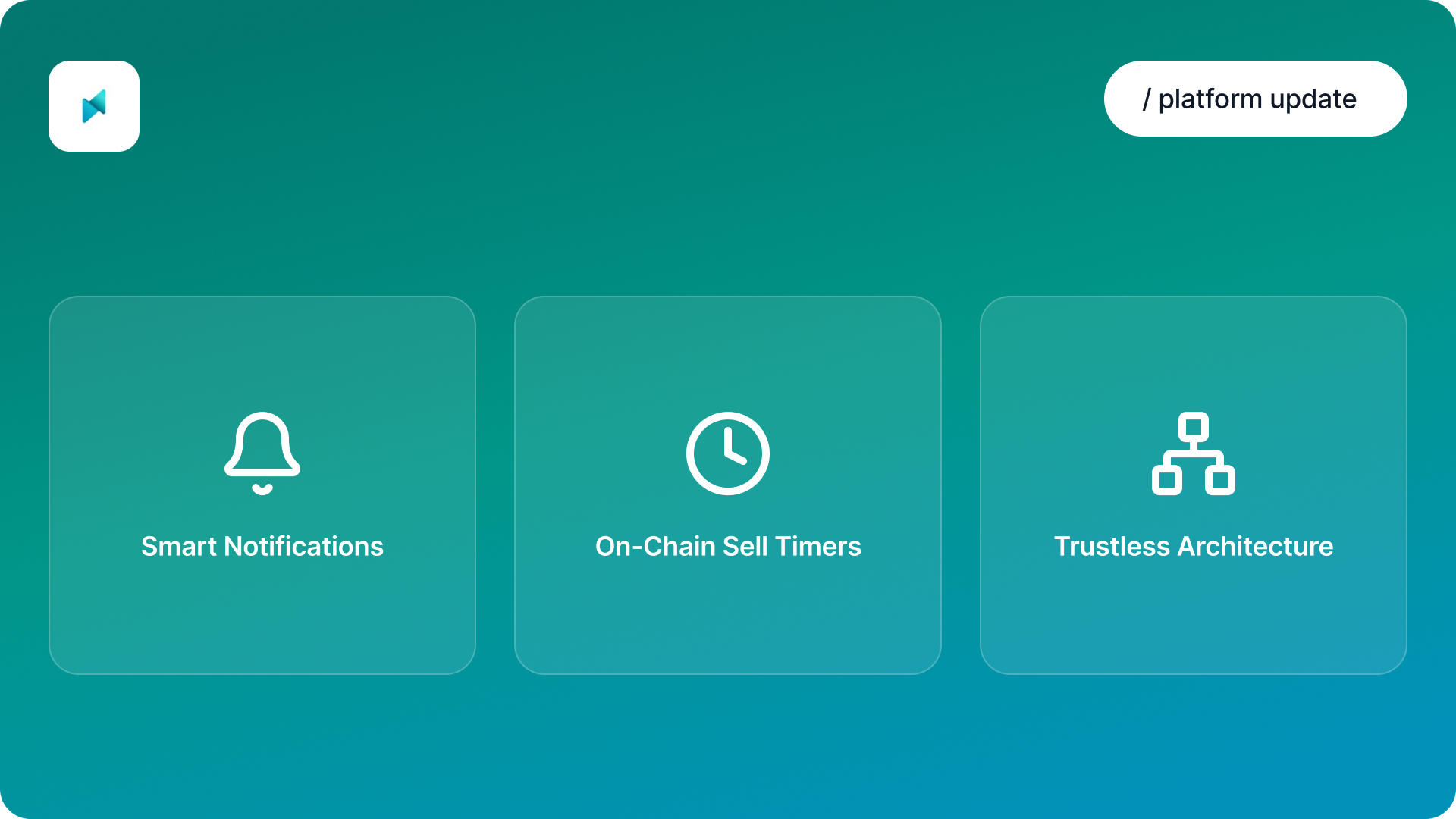

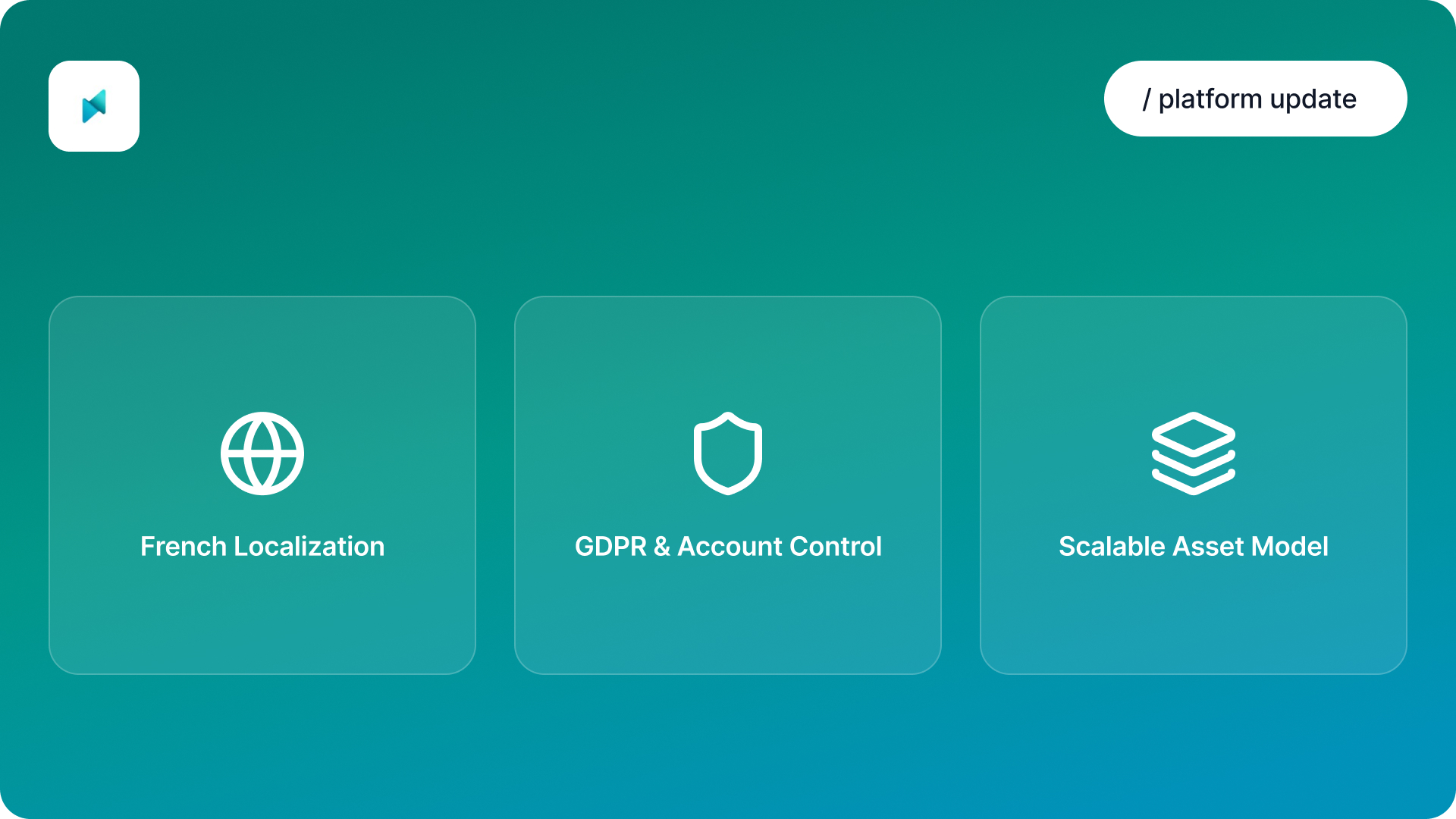
.jpeg)
.webp)